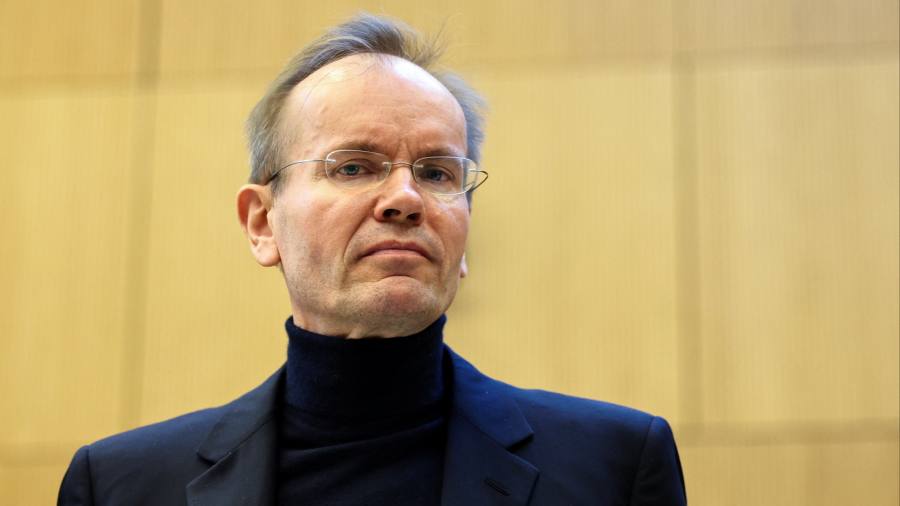Wirecard chief executive Markus Braun told his general counsel that compliance was “crap” and unnecessary for the now-collapsed German payments group, a panel of judges at Munich District court heard on Wednesday.
Braun and two other former top managers are facing charges of fraud, embezzlement, and accounting and market manipulation in an ongoing trial after the group crashed into insolvency in June 2020, declaring that €1.9bn recorded in its accounts did not exist.
Braun, who has denied any wrongdoing, had previously characterised himself as pushing hard to improve controls and compliance at Wirecard.
He has also claimed that contentious contracts that were approved by him and other board members had been scrutinised by Wirecard’s legal department.
The group’s former top lawyer Andrea Görres, who was questioned as a witness in trial, disputed that account, telling the court that her small team of 12 people lacked the resources for comprehensive checks.
She claimed that Wirecard’s management board stonewalled internal investigations, failing to hand over relevant data in time and decreeing that she personally should run a key audit in Singapore, which she did not have time to do. She repeatedly asked for more staff but management disregarded these requests.
Presiding judge Markus Födisch read out testimony Görres had given to criminal prosecutors shortly after Wirecard collapsed, including that Braun in a private meeting told her he did not want a compliance team because it was “unnecessary and crap”.
Görres confirmed the substance of her testimony but added that she could no longer recall Braun’s precise words. “But that was his general attitude [with regard to compliance].”
She said that then-chief financial officer Burkhard Ley shared that view. “He told me that one and a half employees were sufficient for compliance,” Görres said. As a consequence, the compliance team could provide only “rudimentary” services, she added.
Görres claimed that top managers, including Braun, frequently disregarded legal advice. On one occasion, Braun said: “Every DAX CEO once in a while has one foot in jail,” Görres told the court. Asked if she thought Braun was joking or serious, she told the judge: “I did not find it funny.” On several occasions Braun decreed that certain sensitive information must not be shared with the supervisory board, she said.
Görres told the court that, in 2019, managers noticed there was no documentation of the 2012 and 2017 elections of members of the supervisory board at subsidiary Wirecard Bank, and there were doubts about whether the legally required vote had taken place at all. The company retrospectively created those minutes and had them signed by the relevant individuals.
She told the judge that the legal department concluded that this conduct was not criminal, which was questioned by Födisch. “I personally would have never signed a backdated contract,” she said, adding she warned executives, including then head of accounting Stephan von Erffa, that in certain situations this could be fraud.
The court case on Germany’s biggest recent corporate scandal started in December and is expected to run at least until mid-2024.
Read the full article here




